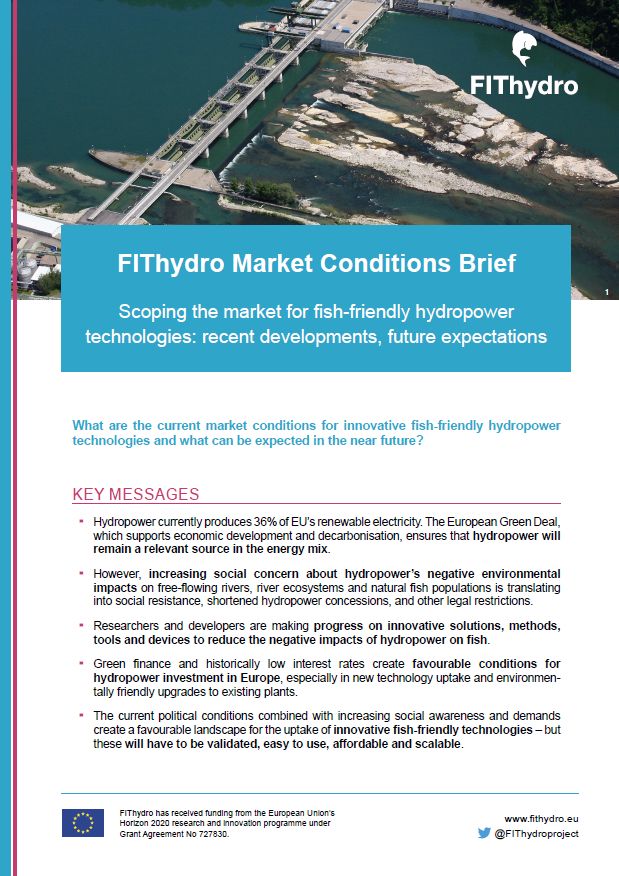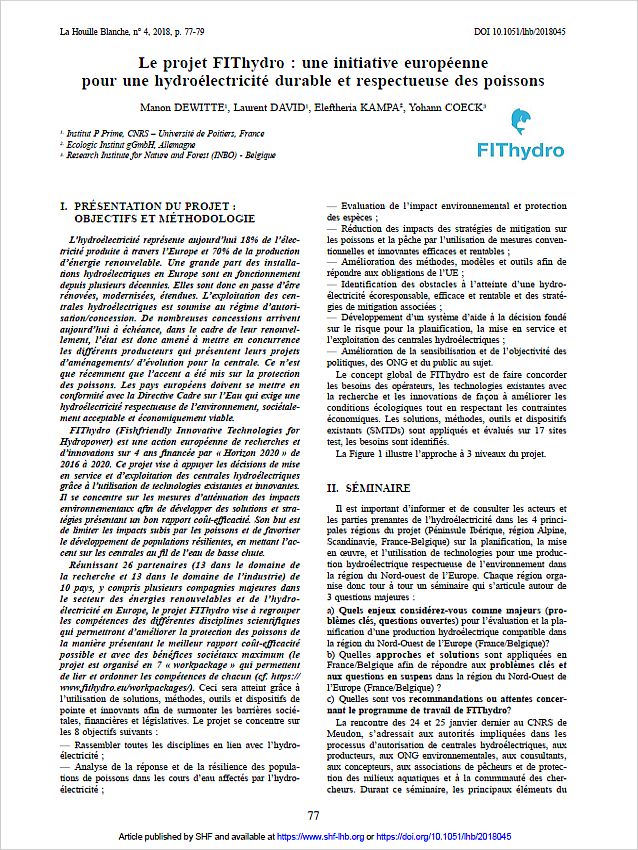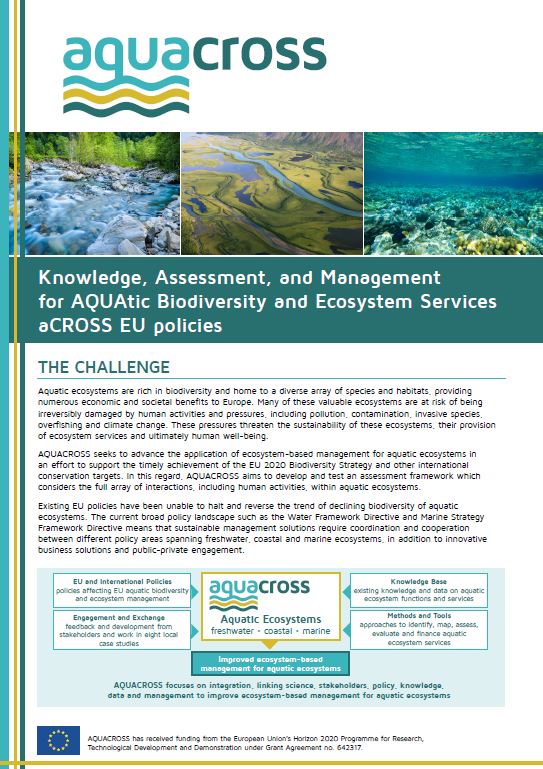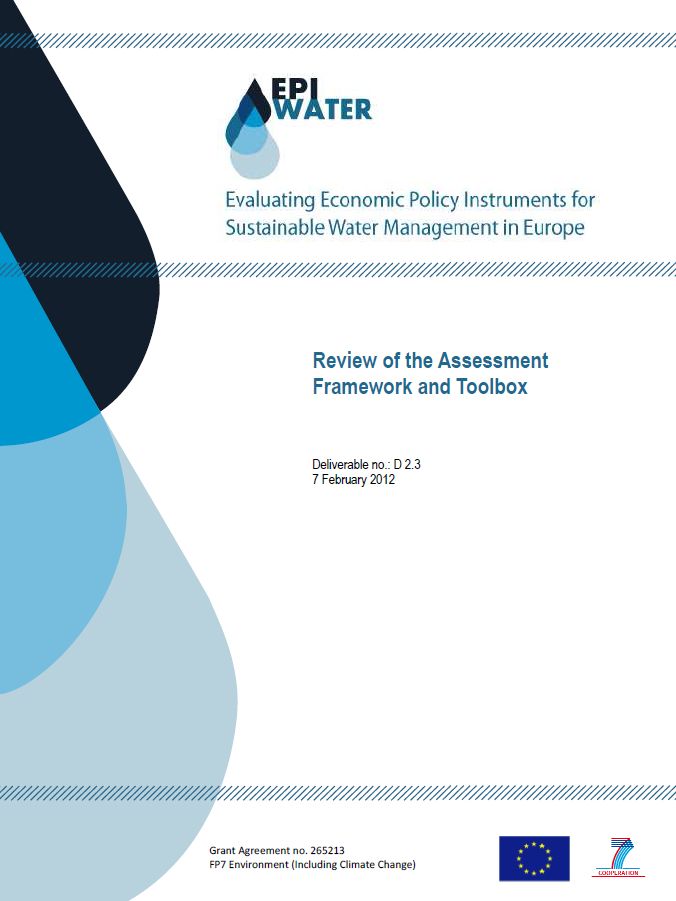The Public's Perception of Run-of-the-river Hydropower across Europe
- Publication
- Citation
Venus, T., Hinzmann, M., Bakken, T., Gerdes, H., Godinho, F., Hansen, B., Pinheiro, A. and Sauer, J., 2020: The public's perception of run-of-the-river hydropower across Europe. Energy Policy, 140, p.111422.
In the European Union, hydropower represents an important component of a renewable energy transition, in part due to its existing infrastructure. A large share of future European hydropower projects will be run-of-the-river schemes. To understand the potential for RoR hydropower development and modernization of the technology as an opportunity for sustainable decentralization, this report uses the Q-methodology to compare public values about RoR hydropower in German, Portuguese and Swedish case studies.
Four perspectives on the importance of RoR hydropower emerged from this analysis:
- maintain regional control,
- fight climate change,
- promote citizen well-being and
- protect natural ecosystems.
Strong preferences for regional control imply RoR should be managed as distributed generation rather than viewed as part of a centralized, national system like traditional large-scale reservoir hydropower. Based on the importance of citizen well-being and ecological measures, operators could adopt strategies such as river widening and the reconstruction of secondary channels, which help control floods, create recreational opportunities as well as enhance ecological habilitation and biodiversity. Additionally, policymakers could support rigorous monitoring programs to assess the ecological impact of RoR.
The article, to which Mandy Hinzmann and Holger Gerdes from Ecologic Institute contributed essential parts, is available for download [pdf, 1.16 MB, English].










